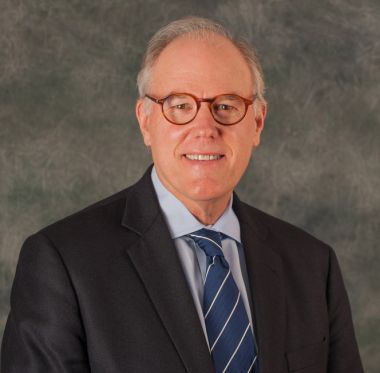Introduction
The U.S. Supreme Court’s ruling today opens a floodgate — making the buying of elections even easier. In the Citizens United v. Federal Election Commission decision, a Court majority granted corporations (and, likely, labor unions) the right to use their treasuries to engage in political advertising in any amount and at any time in the electoral process. The decision represents a stunning reversal of decades of anti-corruption jurisprudence. It leaves serious questions about whether Congress has any real authority to prevent the influence-buying that has plagued our nation’s campaigns and elections. Get ready for U.S. Senate candidates brought to you directly by Coca-Cola or Bank of America.
Fourteen years ago, the Center for Public Integrity first published The Buying of the President, chronicling the enormous influence of moneyed interests in funding the campaigns of presidential candidates — and the wide array of perks, enhanced access, and disproportionate influence that the cash provided. Center founder Charles Lewis wrote at the time that the presidential campaign in the United States had become “not so much a ‘beauty contest’ or ‘horse race,’ but instead a giant auction, in which multimillion-dollar interests compete to influence and gain access to the candidates who would be president.”
Though there were significant loopholes, as we also chronicled in the The Buying of the President 2000 and 2004, as well as The Buying of the Congress, there was one saving grace in the system. While candidates could generally spend as much as they wanted, only citizens could contribute and directly influence the elections themselves — and there were some limitations on how much they could spend to do that.
The Bipartisan Campaign Reform Act of 2002 (commonly known as McCain-Feingold), signed by President George W. Bush, attempted to close some of those loopholes. Indeed, the small-dollar contribution boom that fueled candidates Barack Obama, Hillary Clinton, and Ron Paul in the 2008 race led us to wonder if perhaps the American people had created a new model to fund the campaign on their own, without the presidency being up for auction to the highest special-interest bidders.
In our research for The Buying of the President 2008 project, we spoke with Citizens United’s president, David Bossie. Bossie, a conservative activist best known for his work on Republican Congressman Dan Burton’s Whitewater and Democratic National Committee fundraising investigations, explained why he felt his paid-for anti-Hillary Clinton documentary — or a Michael Moore anti-George W. Bush documentary — should both be considered protected free speech, rather than subject to Federal Election Commission regulation.
“The rules are wrong,” Bossie told us at the time. “The rules that the FEC had are wrong. Michael Moore shouldn’t have to abide by them, as a filmmaker making a political film. That’s the bedrock principle of this country. The Founding Fathers, I mean, you don’t want to make it cheesy, but there were guys who literally printed a pamphlet. That’s what they used to do back then. Some guy would just sit there and run a one-page flyer off. And you became the press. Michael Moore, I disagree with him. Ideologically, we are opposite. But he should have the right to do what he did. We shouldn’t have been told we couldn’t do it. He shouldn’t be told he couldn’t do it.”
But with this ruling, Chief Justice Roberts, Justice Alito, Justice Kennedy, Justice Scalia, and Justice Thomas went far beyond merely ruling that companies can advertise for films that contain an overt political message. They are allowing companies free rein to do whatever they want right up until the day of the election with their corporate dollars — including a massive negative campaign that could swamp any candidate under such an attack. Now that the money spigot is wide open, we may well see Exxon Mobil ads backing its favorite candidates, or Budweiser radio jingles slamming a candidate who believes in a beer tax.
The cost of this decision will likely be the further erosion of fair, open and regulated elections. Moneyed interests may rejoice; but citizens are not likely to benefit from Citizens United.
Read more in Money and Democracy
Money and Democracy
Citizens United ruling could tilt playing field against labor, toward corporations
Money and Democracy
Will the Citizens United ruling let Hugo Chavez and King Abdullah buy U.S. elections?
Supreme Court ruling may open door to foreign state-owned corporate political spending


Join the conversation
Show Comments